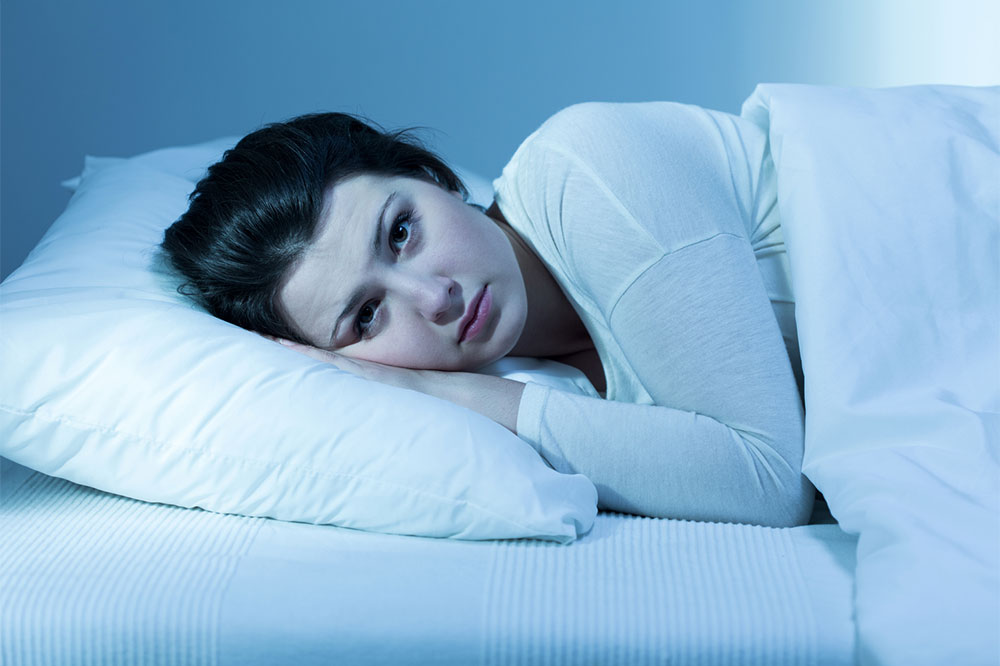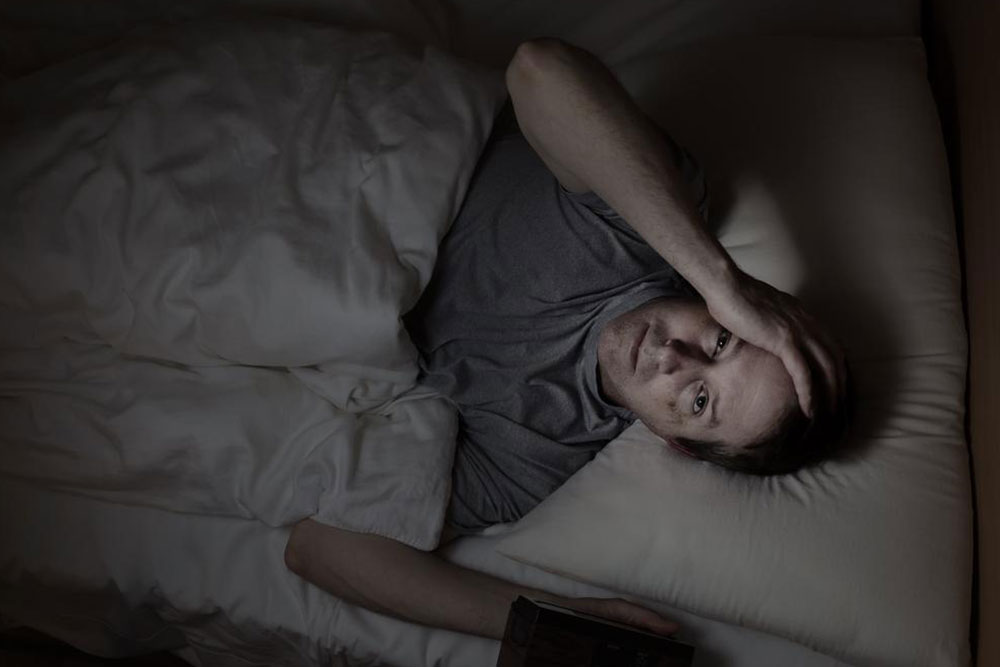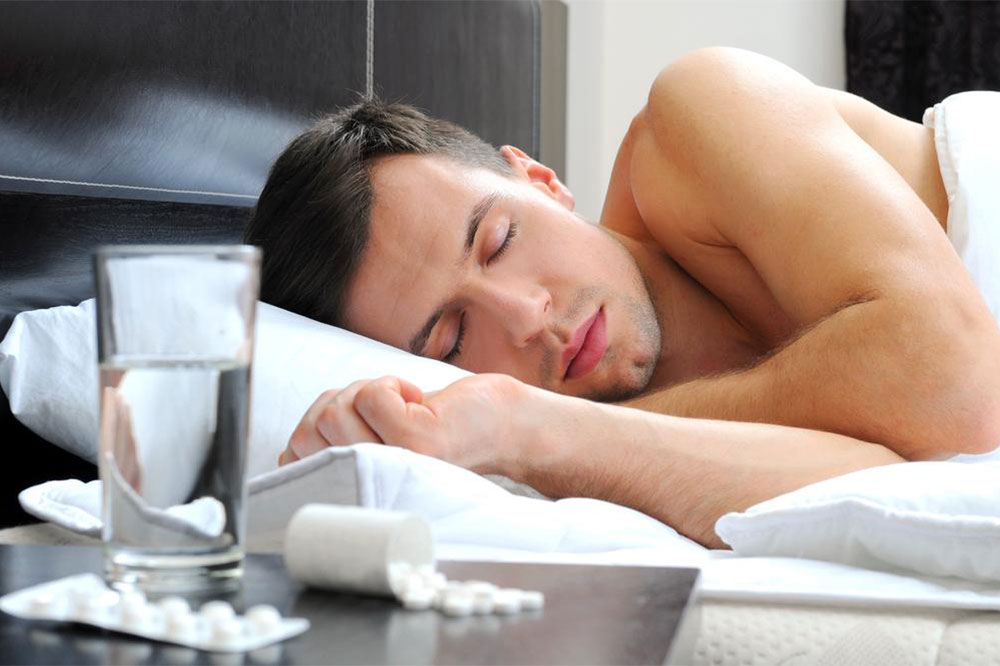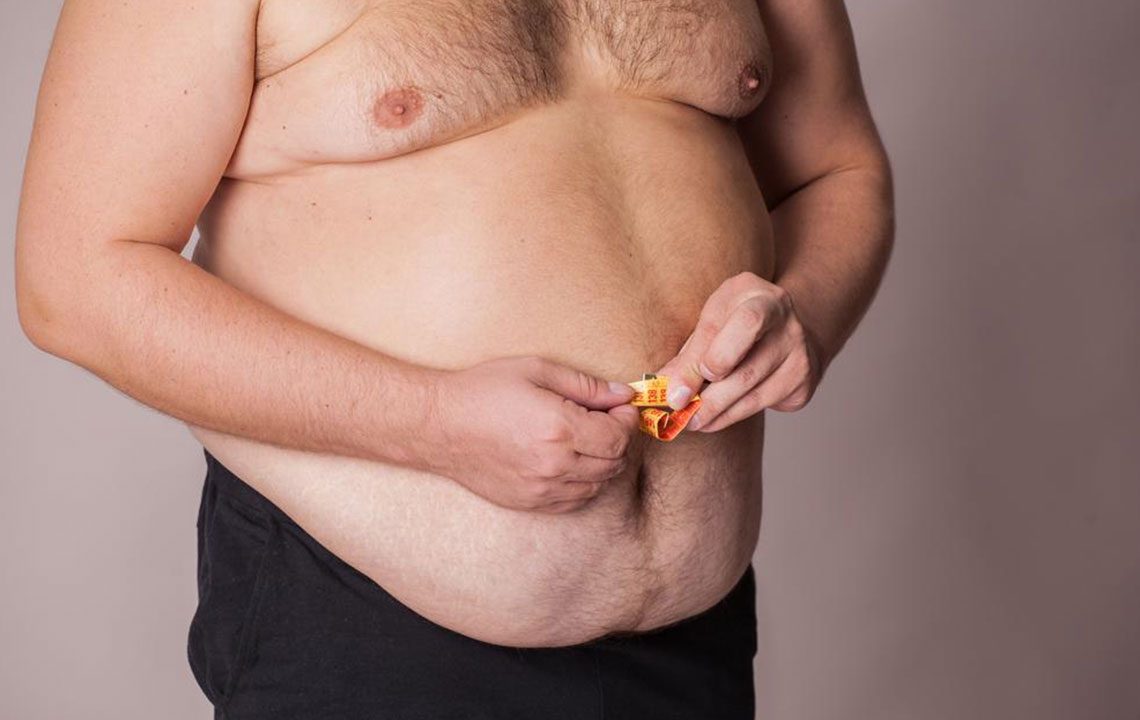Evidence-Based Techniques to Enhance Your Sleep Quality and Restorative Habits
Discover scientifically backed techniques to improve sleep quality, including optimal room temperature, darkness, stress management, and breathing exercises. Learn how to establish healthy sleep routines for better rest and overall wellness.

Evidence-Based Techniques to Enhance Your Sleep Quality and Restorative Habits
Achieving consistently restful sleep is a challenge many individuals face, yet science offers numerous proven methods to improve sleep quality effectively. In today’s fast-paced world, prioritizing good sleep is more important than ever because even slight disturbances in your sleep cycle can have profound effects on your mental clarity, physical health, and overall productivity. Implementing scientifically supported strategies can help you establish healthier sleep patterns, ensuring you wake up feeling refreshed and energized each morning.
Extensive research from renowned institutions such as Harvard Medical School and the National Sleep Foundation emphasizes creating an optimal sleep environment. One of the primary recommendations is adjusting your bedroom temperature to a range of 60°F to 67°F (15.5°C to 19.5°C). Maintaining this temperature helps facilitate the natural drop in core body temperature associated with sleep initiation, making it easier for your body to transition into and stay in deep sleep stages. Cooler rooms have been linked to faster sleep onset, longer sleep duration, and improved sleep quality overall.
Creating a conducive sleep environment is vital for restful sleep. Darkness plays a critical role; it stimulates the production of melatonin, the hormone responsible for regulating your sleep-wake cycle. To optimize darkness, consider blackout curtains or eye masks that eliminate light pollution. Additionally, managing stress levels before bedtime can significantly improve sleep quality. One effective stress-relief method involves immersing your face in cold water for 30 seconds, which activates the Mammalian Dive Reflex—a physiological response that slows your heart rate, reduces blood pressure, and promotes relaxation.
Furthermore, breathing techniques can be a powerful tool to help you fall asleep more quickly. Dr. Andrew Weil’s popular 4-7-8 breathing method demonstrates this approach effectively. To practice, place your tongue against the roof of your mouth behind your upper front teeth. Exhale completely through your mouth with a gentle whooshing sound. Then, inhale quietly through your nose for 4 seconds, hold your breath for 7 seconds, and exhale slowly through your mouth for 8 seconds. Repeating this cycle three to four times increases oxygen levels, calms the nervous system, and facilitates a smoother transition into sleep. Consistently practicing such techniques before bed can create a routine that signals your body to prepare for rest.
Beyond environmental adjustments and breathing exercises, establishing a consistent sleep schedule—going to bed and waking up at the same time every day—can reinforce your body’s internal clock, leading to better sleep patterns over time. Reducing screen time at least an hour before bed, avoiding caffeine and heavy meals in the evening, and engaging in calming activities like reading or gentle stretching can also contribute to improved sleep quality. Combining these scientifically supported approaches creates a comprehensive strategy that addresses both physical and psychological factors impacting sleep.
In conclusion, leveraging evidence-based methods such as optimizing bedroom temperature, creating darkness, managing stress with cold water immersion, and practicing specific breathing exercises can dramatically enhance your sleep quality. As research continues to unfold, these insights empower individuals to take control of their sleep health, resulting in more energized, healthier, and productive days.





